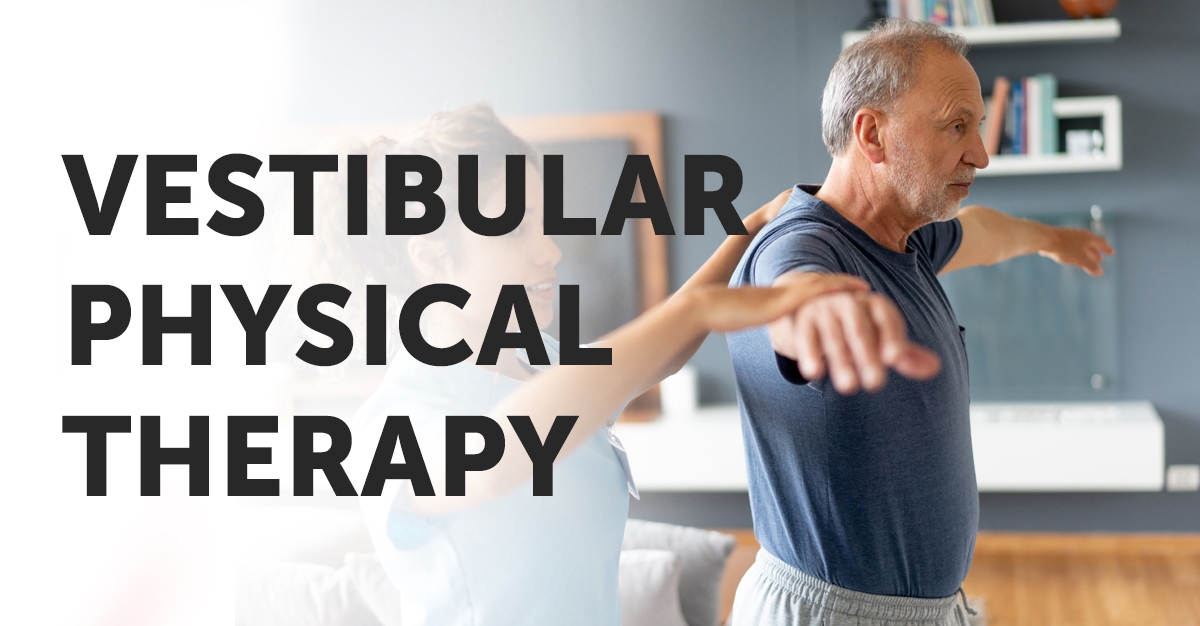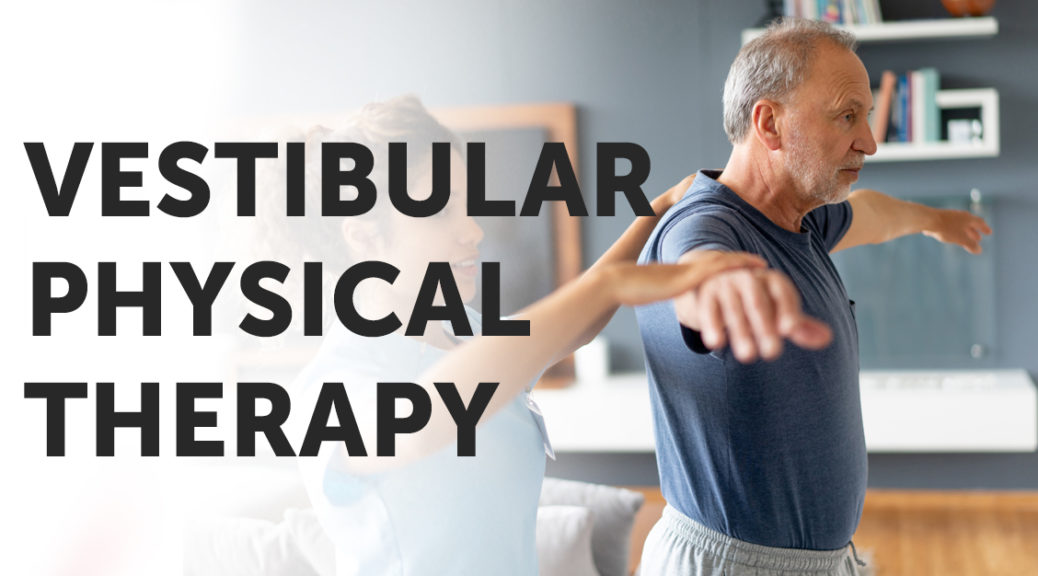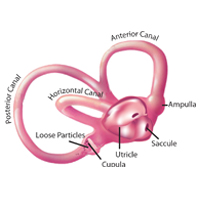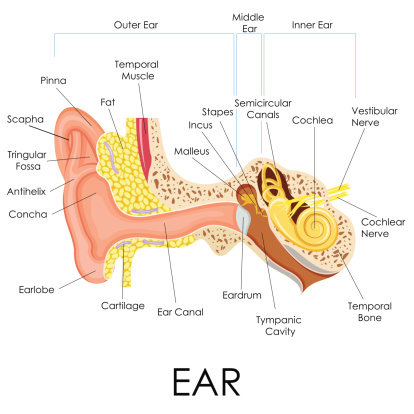
Vestibular Dysfunction
It is estimated that 35% of adults aged 40 years or older in the U.S. have experienced some sort of vestibular dysfunction — approximately 69 million Americans. Many people who suffer from acute dizzy spells can be helped by physical therapy. Benign Paroxysmal Positional Vertigo (BPPV) is characterized by a brief episode of vertigo (spinning) every time your head moves into a specific position. Common causes for this disorder are trauma to the head (concussion, motor vehicle accident, etc.) and acute infection, but frequently the cause is unknown. Patients usually complain of a spinning sensation being provoked by lying down, rolling over in bed, bending over, or looking up. Common activities that can provoke this sensation include getting out of bed, gardening, washing hair in the shower, and going to the dentist or beauty parlor.
Common Symptoms
- Vertigo: The perception of movement/spinning, either of the self or the environment
- Dizziness: General term that describes light-headedness, floating sensation, or faintness
- Imbalance: Disequilibrium is a feeling of being off-balance or a loss of equilibrium
Uncommon Symptoms
- Nausea
- Blurred vision
- Anxiety
- Lack of coordination
- Difficulties with memory and concentration
- Headaches/neck pain
How Do You Know if You Need Vestibular Therapy?
80% of older adults over the age of 65 have experienced dizziness with 50% being due to Benign Paroxysmal Positional Vertigo (BPPV).
- Do you feel unsteady?
- Do you lose your balance and fall?
- Do you feel like you are falling, the room is spinning, or get dizzy when you lay down?
- Do you like you are moving when you are standing or sitting still?
- Do you feel light-headed?
- Do you have blurred vision?
- Do you ever feel disoriented, such as losing your sense of time or where you are?
- Or if you’ve been diagnosed with BPPV, labyrinthitis, vestibular neuritis, Meniere’s syndrome, migraine-related dizziness, cervicogenic dizziness
Video provided by Advance Rehabilitation (GA)
What to Expect from Vestibular Physical Therapy?
Our goal for vestibular physical therapy patients is to decrease feelings of vertigo and dizziness, improve balance, posture control, gaze stability, overall endurance, and conditioning, and increase safety.
We use exercises that provide small, controlled, and repeated “doses” of the movements and activities that provoke dizziness to de-sensitize and fine-tune the brain. Physical therapists provide comprehensive Balance and Vestibular Rehabilitation. They perform specific treatment protocols for specific diagnoses, with a focus on alleviation of symptoms and return of function. Treatment for vestibular rehabilitation may include, but is not limited to:
- Patient Education
- Home Exercise Program
- Repositioning Maneuvers
- Habituation Exercises
- Balance Exercises
- Conditioning Exercises
- Functional Activities
When you Go for a Vestibular Physical Therapy Visit
- Wear comfortable clothes that allow you to move freely
- Bring a list of your current medications, especially those prescribed for your s/s
- You may experience dizziness or an increase in symptoms initially. If possible, have someone with you for the first couple of appointments to assist you home if needed
For more information about vestibular disorders and vertigo, please don’t hesitate to reach out to any of our highly trained teams of physical therapists nationwide. We are here and ready to help.
Information for this post provided by Agility Spine & Sports Physical Therapy (locations throughout Tucson, AZ)



